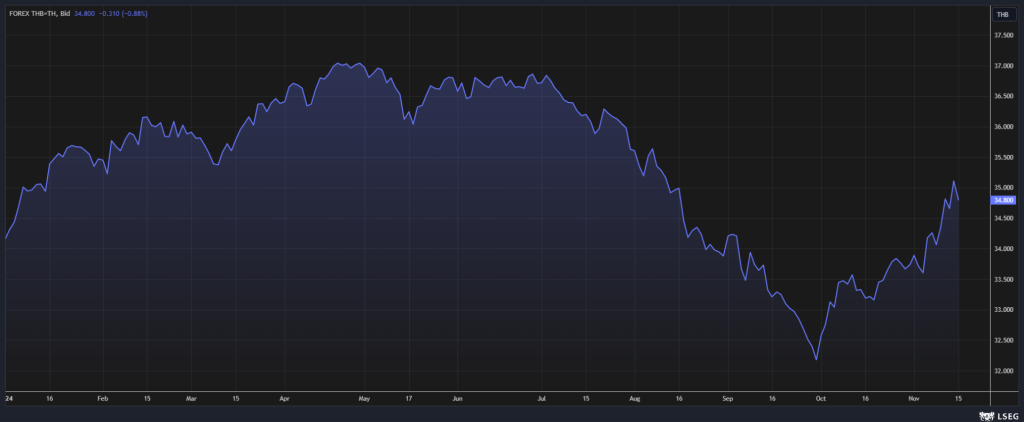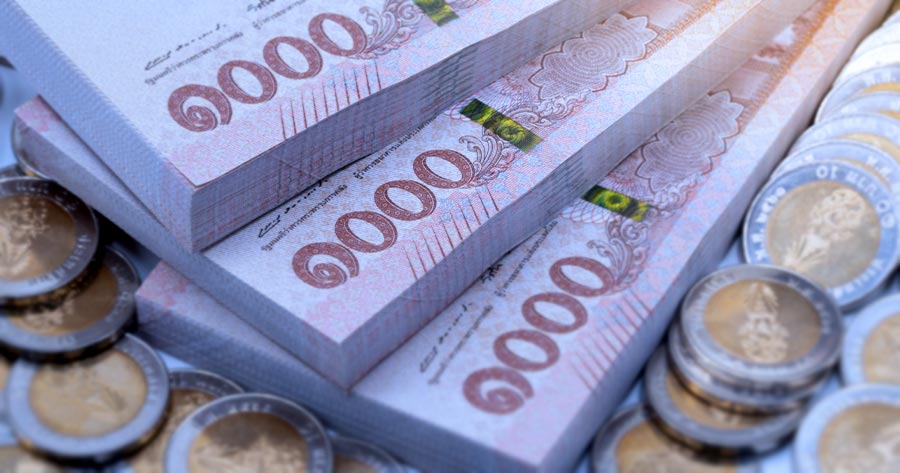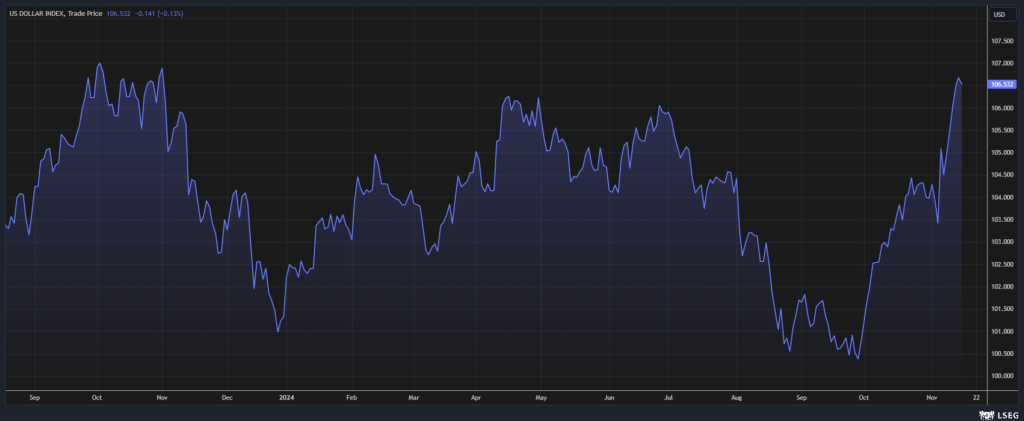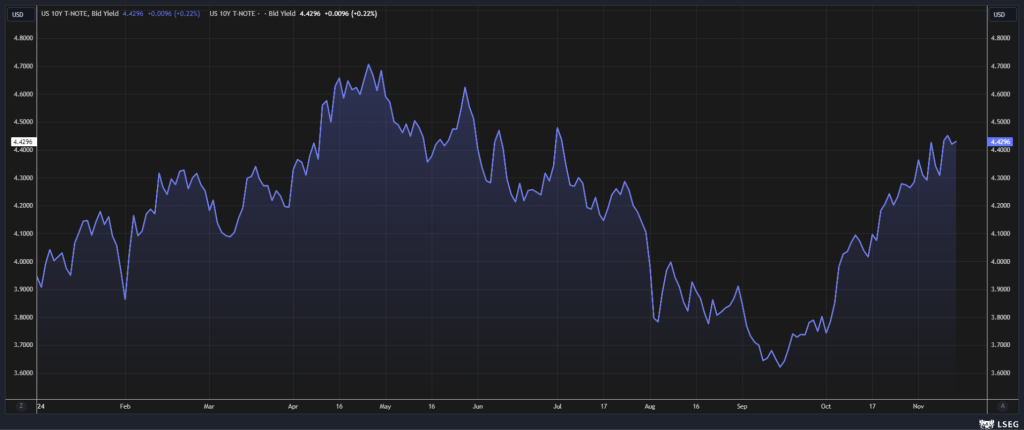The Thai baht is poised to become one of the most vulnerable emerging market Asian currencies as Donald Trump returns to the White House, given the country’s heavy reliance on trade, while the hawkish stance from Fed’s chairman also put the Thai currency to its weaker stage.
Asian currencies may further slump if the dollar extends due to Trump’s policies that fuel US output. Early market reactions to the US election indicate the prospects of trade-reliant nations are particularly more vulnerable.
Thailand’s openness to trade could also backfire if Trump restricts imports. The nation’s trade volume stands at 129% of its gross domestic product, among the highest in the region, according to data from the World Bank. Its top two trading partners are China and the US, which collectively receive one-third of Thailand’s total exports.
Citigroup views the baht and Taiwan dollar to be the most exposed in Asia to any across-the-board tariffs, the firm’s strategist Philip Yin wrote in a note.

Following the U.S. election that saw the former president Trump taking the White House for the second time, odds for Fed’s rate cut have been declining from four cuts in the next 12 months from now to only three, according to CME FedWatch Tool.
The US 10-year treasury is climbing to more than four-month high and the Dollar Index has seen its best record since October last year. Meanwhile, stocks are starting to lose wind as investors wonder what’s next for the market after the post-election rally.
Despite not having a direct say in monetary policy, the rising of Trump as the U.S. president still put pressure on the Federal Reserve.
As dollar points to further gain, Thai baht points to extended loss over political uncertainty, especially in the Board members at the Bank of Thailand after the latest report of new appointment of chairman to the board.
During this week, an independent Thai panel has chosen Kittiratt na Ranong, a loyalist of the ruling party and former Finance Minister, to lead the board of the Bank of Thailand. This decision aligns with the government’s preference and has raised concerns among economists and former central bank governors regarding potential governmental influence over the institution, a critique previously voiced by Kittiratt himself.
The appointment was quite a surprise to the market as it is believed the government backed down on its attempt to put Kittirat on the seat after a heavy backlash by the public, seeing this as an indirect intervention to the independence of the Thai central bank.
Prior to the appointment, Reuters and Bloomberg polls suggested that the Bank of Thailand would make another rate cut in the first quarter of next year, bringing its one-day repo rate to 2% and keep it until the end of 2025.
However, several economists now believed that interest rates would go much lower next year with the influence of the new chairman.
As chairman, Kittiratt will have the power to select members of the Monetary Policy Committee and assess the performance of the central bank governor. However, he will not have direct authority over monetary policy decisions.
Additionally, the latest comment from the Fed’s chairman also fueled the dollar as Jerome Powell hinted at a watchful approach towards trimming interest rates, given the strong configuration of the U.S. economy. He dismissed the need for hasty decisions regarding rate cuts while speaking at a business event in Dallas. He accredited this relaxed stance to the solid position of the current economy.
According to Bloomberg forecast, the current poll points to an average of THB34.70 per dollar in 2024. However, the looming challenges for policymakers to deliver rate decisions could put pressure to the Thai baht. The return to THB36-37 per dollar would be a nightmare for Thais, especially exporters and foreign investors.







